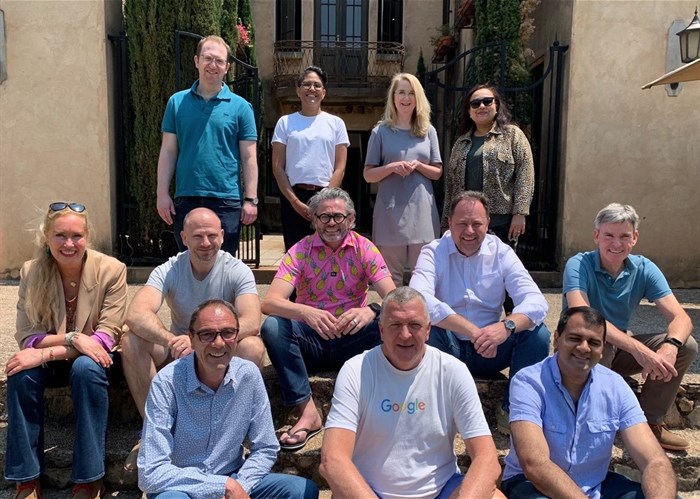Baker McKenzie partners in Johannesburg discuss the key legal trends in dispute resolution, employment, energy and ESG in Africa, and what can be expected in 2022.

Team Baker McKenzie
Dispute resolution and litigation
Covid-19 and its effects have triggered many disputes, with litigation volumes in some jurisdictions having already doubled. Post-pandemic, compliance and investigations and disputes are expected to become more frequent and complex in Africa, as corporations and financial institutions continue to enter new markets against a backdrop of tighter regulatory scrutiny and higher accountability.
Competition law
With the growth of economies across Africa, competition law has remained one of the key drivers for effective market participation, consumer protection and fair business practices. However, the global pandemic introduced new challenges for competition authorities in Africa, with each enforcer pursuing the most beneficial enforcement method for its national or regional jurisdiction. These efforts were aimed at curbing the persistence of unjustified price hikes, anticompetitive cooperation between competitors and other harmful business practices that sought to undermine competition. In addition to these urgent responses to Covid-19, African competition authorities continued to introduce new laws and amend existing legislation as a sign of the rapidly increasing prioritisation of competition law enforcement on the continent.
Lodewyk Meyer, Marc Yudaken, Mike van Rensburg and Virusha Subban 10 Jan 2022 Employment
Three big issues that employers are considering as they prepare for 2022 include the opportunities, risks and challenges relating to working from home; implementing mandatory vaccination policies after a return to the office; and increased scrutiny of the gender and ethnicity pay gap. While the pandemic has exacerbated already-existing employment challenges, it also gave businesses the opportunity to test and implement updated policies that proved to be beneficial to both their workforce and their bottom line. The challenge going forward will be in deciding which of these policies should be made permanent, and how they should be implemented to ensure that they are measurable, transparent and consider the rights and needs of the workforce.
Energy
Demand for power across the continent is also spurring investment in the energy sector. Access to power in Africa has been hampered by the lack of access to competitive funding, the dire state of the continent’s utilities infrastructure and the need for energy policy and legislation to be adapted to boost investment in the sector. The combination of the rise of cost-effective renewable energy, the potential of green hydrogen, the decentralisation of energy production, and improvements in energy storage, smart metering and other digital technology will revolutionize the way power is generated and consumed in Africa in the coming years. The availability of affordable electricity, the diversification of generation supply and the de-carbonisation of the energy supply chain are key strategic objectives for the Africa energy sector.
Ashlin Perumall and Janet MacKenzie 25 Jan 2022 Environmental, social and governance
While in previous years, the inclusion of ESG elements was viewed to be at the expense of returns and efficiency, this has shifted to viewing ESG as a prerequisite to business success. We expect it will become an essential element of sustainable trade and investment in Africa going forward.










































